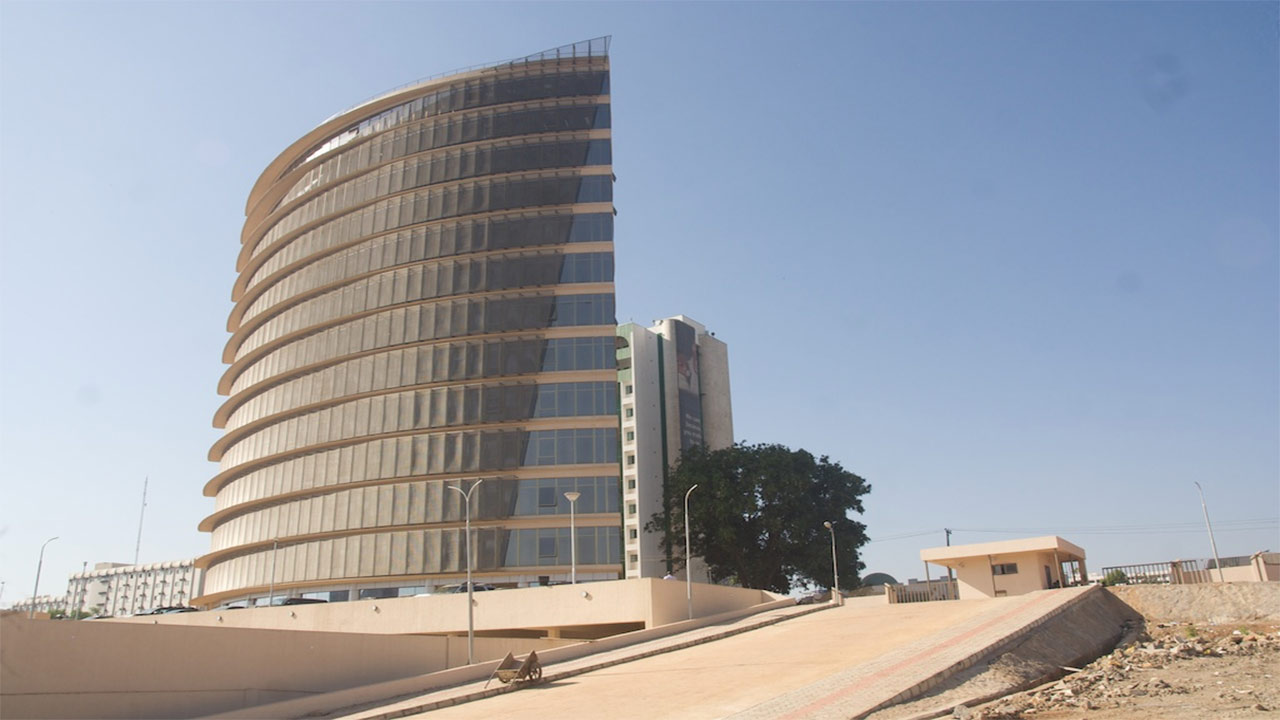A fresh displeasure of anger by bank customers has hit the Central Bank of Nigeria (CBN) over its newly reviewed cash withdrawal limit policy.
This came as financial institutions started the reviewed CBN policy on Monday following the directive by the apex bank.
Investors King had reported that the CBN authorities, following agitations by stakeholders for it to jack up the earlier announced cash withdrawal limited after the new naira notes were made public, had reviewed the withdrawal rule.
Individuals and corporate organisations can only withdraw N500,000 and N5 million respectively per week, according to the CBN Governor, Godwin Emefiele.
Notwithstanding the latest upward review, bank customers are still displeased, and urged CBN to erase withdrawal limits.
According to those who spoke during interviews, placing a limit on how much a bank customer could withdraw will have negative effects on people’s businesses, especially those who need urgent financial services.
They said those operating Points of Sales (POS) businesses in Nigeria would be the worse to be affected, stressing that the essence of economic improvement the nation seeks to achieve might be frustrated.
For the customers, others that would be negatively affected are those living in rural communities across the country who don’t know how to use bank transfer. They added that the essence of saving one’s money in the bank is for one to access it as and when due, adding that the policy would affect those living within average economic means would suffer.
Some of these customers said to be operators of Small, Medium Enterprises (SMEs) lamented that the new withdrawal rule would affect them, adding that there are certain businesses that require cash, of which the policy was not in tune with.
However, the National Publicity Secretary of the Association of Mobile Money and Bank Agents in Nigeria, Olusegun Elegbede, asked Nigerians to be patient and give the apex bank some time to see the results of the policy.
Elegbede noted that it might be very early for anyone to conclude that the withdrawal limits would affect the economy negatively.
Some bank officials noted that customers who had been transacting have been abiding by the withdrawal limits.
In a related development, customers are yet to start withdrawing the new notes at Automated Teller Machines as the ATMs have been dispensing old notes.
To prevent the development, CBN Director, Currency Operations, Ahmed Umar, said the apex bank would commence invigilation of commercial banks in order to force them info loading the new notes in their ATMs.
Umar who spoke in Abuja on Monday at the training session for state directors of the National Orientation Agency said the CBN’s directive was to implement the January 31 deadline withdrawal of old naira notes in circulation.
He said the CBN has produced enough new notes to go round the general public, warning banks to desist form loading old notes on their ATM machines.
Also speaking at the training, the Director-General of NOA, Dr Garba Abari, said that his agency collaborated with the apex bank to educate members of the orientation agency in the 774 local government areas, to assist in enlightening Nigerians on the redesign of new banknotes policy.



 Forex1 week ago
Forex1 week ago
 Naira4 weeks ago
Naira4 weeks ago




 Naira1 week ago
Naira1 week ago
 Company News4 weeks ago
Company News4 weeks ago


 Naira1 week ago
Naira1 week ago




 Naira3 weeks ago
Naira3 weeks ago
 Billionaire Watch6 days ago
Billionaire Watch6 days ago
 Banking Sector3 weeks ago
Banking Sector3 weeks ago
















